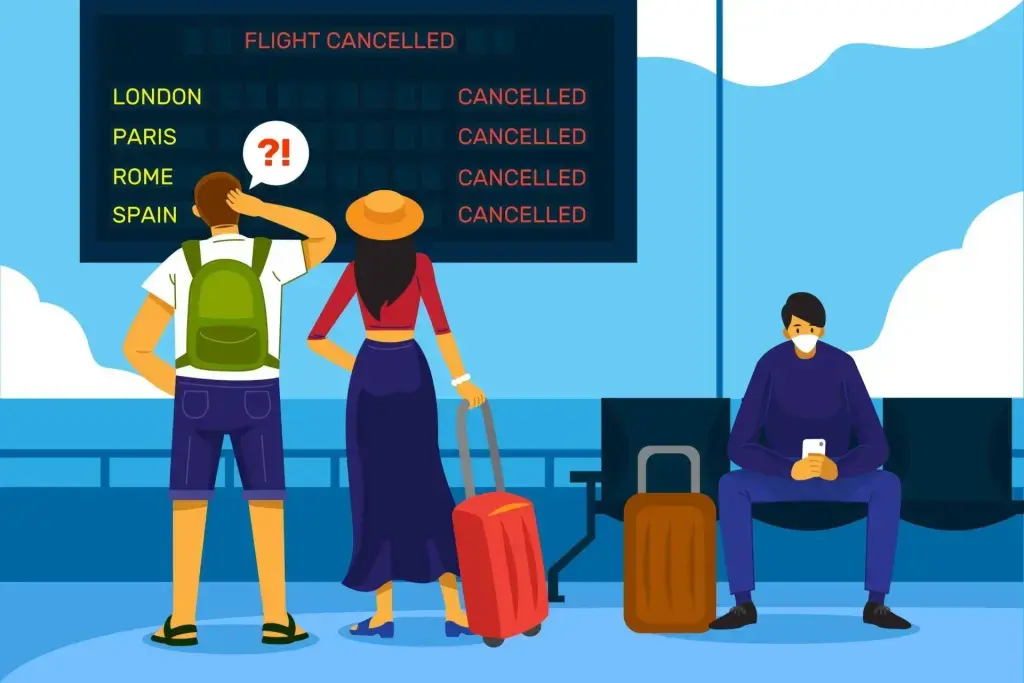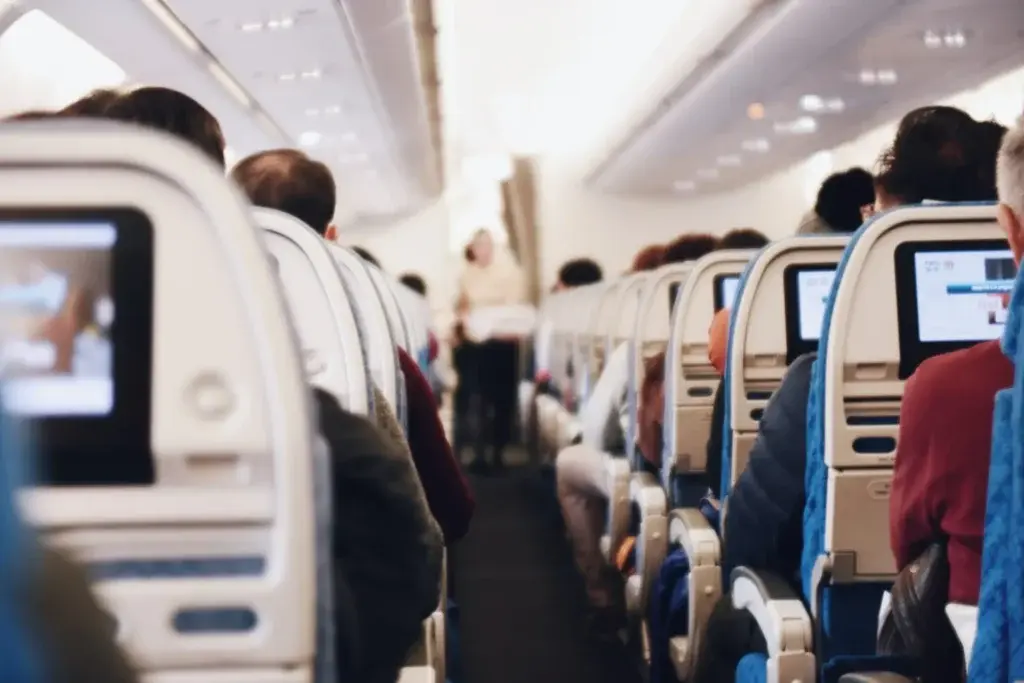Planning a trip to India: what papers do you need? How can you make sure you're well covered during your stay? How do I take out travel insurance for India? We tell you all about it in our complete guide!
Prix moyen constaté
10,05€/Pers*
*Tarif pour un voyage d’une semaine pour une personne de 30 ans (sans annulation).


COVID-19
Full "recommended" vaccination schedule

Mandatory documents
Valid passport is required

Residence permits
Visa required

Currency
Rupee

Vaccination
No mandatory vaccines

Travel insurance India
500,000 coverage recommended by Yupwego

Best period
October and November

Emergency numbers
medical emergencies - 108
Your Travel Health Insurance India
online
Start your quotation now and obtain your medical insurance certificate insuring medical expenses up to €500,000.
DiscoverIndia
India at a glance
India is a fascinating tourist destination offering a rich and varied experience. This South Asian country is renowned for its cultural heritage, with iconic monuments such as the Taj Mahal, ancient temples and sumptuous palaces. Its geographical diversity is equally impressive, offering majestic mountains in the Himalayas, tropical beaches on the coast, arid deserts in Rajasthan and lush jungles in the east.
Must-sees
See our complete guide to
in India.
Travel insurance India
Is travel insurance compulsory in India?
Travel insurance is not compulsory in India, but is highly recommended to cover medical expenses, trip cancellations and other unforeseen events. It gives you peace of mind during your stay, in the event of medical needs or unexpected situations.
Why should you take out travel insurance for India?
We recommend that you take out travel insurance for India for several reasons:
- Medical expenses: In the event of illness or injury.
- Repatriation: If you need to be evacuated to receive appropriate medical care, travel insurance can cover the cost of evacuation, which can be very expensive.
- Third-party liability: If you cause damage to others or property, travel insurance can cover the cost of third-party liability.
- Loss and theft: If your luggage is lost or stolen, or if you lose money or valuables, travel insurance can cover these losses.
- Cancellations and delays: If your trip is cancelled or delayed due to unforeseen circumstances, such as illness or natural disaster, travel insurance can cover the associated costs.
What does my YUPWEGO India travel insurance cover?
To travel to India, YUPWEGO recommends a minimum cover of €500,000. Here's just one of the coverages we offer for each of our contracts:
À savoir avant de partir
What are the entry requirements for India?
As a French national, you need your passport and a visa to travel to India.
Jet lag
The time difference between France and India depends on which part of India you are considering, as India is a vast country with several time zones. As a general rule, India has a time difference of 4 hours and 30 minutes with mainland France.
How can I insure myself for the long term?
If you wish to insure yourself for a long period in India, you may consider taking out
expatriation insurance
specially designed for expatriates, or a
PVT insurance
insurance if you are studying or doing an internship abroad.
Health care in India
What are the health risks in India?
Health risks in India vary by region, but travelers should be wary of contaminated food and water, which can lead to illnesses such as traveler's diarrhea. Vaccination against hepatitis A and typhoid fever is recommended.
What type of plumbing system should I use?
For quality health care in India, it's advisable to choose reputable private hospitals in the major cities. These establishments offer a high level of service and are often preferred by foreign travelers.
Travelling responsibly in India
How can you reduce risks by traveling responsibly?
- Respect the environment: Preserve natural beauty by avoiding littering and respecting protection rules in natural parks and sensitive areas.
- Be respectful of the culture: Familiarize yourself with local customs and standards of conduct. Wear appropriate clothing when visiting religious sites, and respect local traditions.
- Support local businesses: Promote local businesses, restaurants and markets to support the local economy and encourage sustainable tourism.
- Reduce your carbon footprint: Opt for eco-friendly means of transport such as public transport or cycling to reduce your impact on the environment.
- Save water and energy: Use natural resources responsibly, whether at the hotel or elsewhere. Turn off the lights and air conditioning when you leave your room.


















